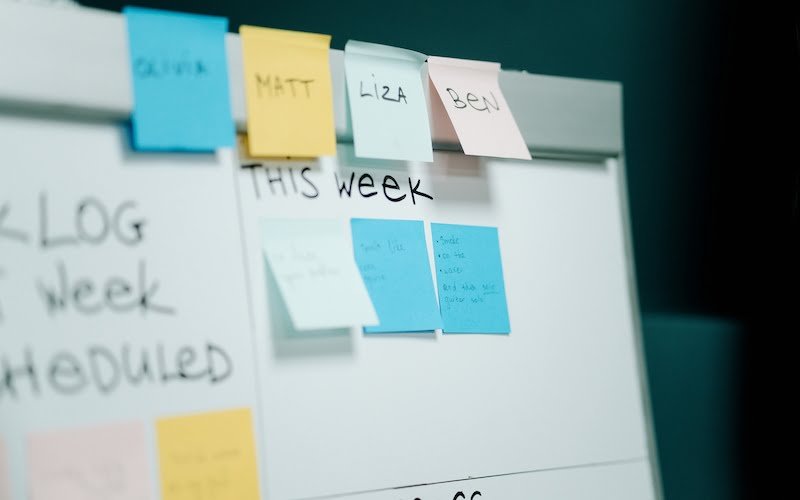Working with a team is always a challenge, and doing it from another country is a craft. So we sat down with Jesús Magaña, one of our experienced Project Managers to talk about remote work, teaming-up, and the best parts of doing home office. Enjoy!
What does “collaboration” mean for me? Well, since school, teamwork gets a bad rep, as it mostly means dividing homework between several people. A student writes an introduction, another one does the illustrations, another puts everything together and someone prints it at the end, right?
Okay, what does a Project Manager do? I coordinate teams of people every day, so we can reach the agreed milestones of any project at every step of development until we complete it.
There are lots of issues that need to be solved during a successful development cycle, that go from personal problems to more technical issues, like faulty connections, server troubles, to limitations I try to mitigate. You know, the usual “Ah, I can’t get this thing right”, or “We are missing this thing to move on”.
It’s said that a PM manages time, budget, and scope. In reality, I manage people, which requires the usual soft skills. How do you tell a client that something has to be delayed without harming the relationship? How do you bring an issue to the team and correct it? What words do you use to give feedback?

This already has lots of nuance in a normal job environment, where certain situations are more easily approachable when you have a team physically there with you, like going to someone’s desk to check a task’s progress, knowing who is present by looking at their seats, or being available for the team when a problem arises. “Hey, I want to show you this real quick”, or “Can I get your opinion on this”.
For a Nearshore development company like Scio, with collaborators all over Latin America, these situations are different. Bonding and communication have to be considered differently, traded for some advantages that not every company has.
After all, it opens a ton of possibilities in terms of the kind of talent you can work with, be it from your city or an entirely different country. I would have second thoughts about moving elsewhere to work, and the option to join remotely allows us to meet talented people with affinities to everything relating to software, which is great for the overall talent we have at Scio.
Also, more and more clients are trusting the capabilities of Nearshore development, as this industry is particularly capable of incorporating remote models of work, and needing everyone in the same office is increasingly unnecessary.

Now, as you can imagine, I spend most of my time on calls and videoconferences. When the pandemic started and we had to move to our homes, it was somewhat uncomfortable. “Oh, they are going to see my house”, or my wife or children would pass behind me inadvertently, but you learn to deal with that.
I know being on camera can be awkward. Maybe it’s just me, but seeing myself on the screen is distracting, as I wonder how everyone else looks at me. I turn that off and try to avoid it, although watching everybody during a meeting forges a sense of teamwork.
Using these tools well is important. In the apprenticeships here at Scio, for example, new developers get training and experience, and doing it online can be difficult. They see someone explaining something on a screen, just like online classes, and there is no sense of a difference between a school setting and a professional one.
The challenge, then, is communicating Scio’s culture to everyone joining us. Is necessary to develop a sense of camaraderie, even remotely, and something that worked for us is having leisure sessions where everyone, even project leaders, can mingle and play something together. We don’t talk about work during these sessions, the point is forming a relationship beyond that, creating the bonds we need to work well together.
Collaborating is understanding that, even if we have different roles, our goals are shared, with an attitude of “Well, I finished my tasks, and it’s only Wednesday. The sprint finishes on Friday, let me see if someone needs help”.

In soccer terms, if a striker scores three goals, he has achieved something great individually. But if the team gets scored against four times and loses, that was pointless.
Collaboration is seeing yourself as part of something bigger you help to accomplish, regardless of your personal objectives.
And you have to keep in mind collaboration with clients directly, the other side of the coin in Nearshore development. Every client has a different approach to every project; sometimes they join during every scrum each week, and sometimes they have more of a “Nice job, see ya’ll in a month for the demo!” attitude.
I prefer a close client; I can create certain transparency where they can see how your team functions with an inside look into the kitchen, so to speak, to see what we are putting on the pizza they want, asking questions, and requesting some changes.
At Scio, transparency is key. Scrum helps, giving the current status of the project to everyone involved, not only the leads. “I’m working in so and so, that’s going well, but this other thing has these issues”, and that helps us to not see each other as individual pieces, but as a unit building something together.
I like the way we are working together now. The team is more productive, and although I miss the old office dynamics, remote work opens tons of connections and made a lot of changes in my personal life.

Do you want to know something cool about working from home? I have lunch with my kids every day. I used to eat out of Tupperware at the office, but now it’s a break when I can spend more time with them.
You see, when your job is transmitting the culture of Scio to everyone collaborating here, dealing with people in a professional, empathic, and understanding way from home, your kids can see it too, and are probably learning something very valuable in the process.
Developing soft skills in other people is part of my job. For example, the responsibility of the developer is to give estimates of the time a task is going to take, and for a junior dev, these estimates are more of a personal wish than realistic plans. So, as PM, I might have a better understanding of the work involved, and I need to communicate that in a respectful and empathic way.
In other words, being a Project Manager today is different. You need to create an effective working environment, make a team self-directed without someone checking every step, while forging a strong relationship with a client with enough transparency they can see results every week.
Taking my soccer analogy back, to be an effective Technical Director you have to know the game, playing matches in every position possible. I’ve been a Developer, QA, analyst, and more, and having those perspectives are crucial to understanding everyone on the team.
In-office or remotely, the point is motivating the team to give their best, solving anything that gets in the way of achieving a successful project. Is transforming teamwork from a chore into the best possible way to work.
